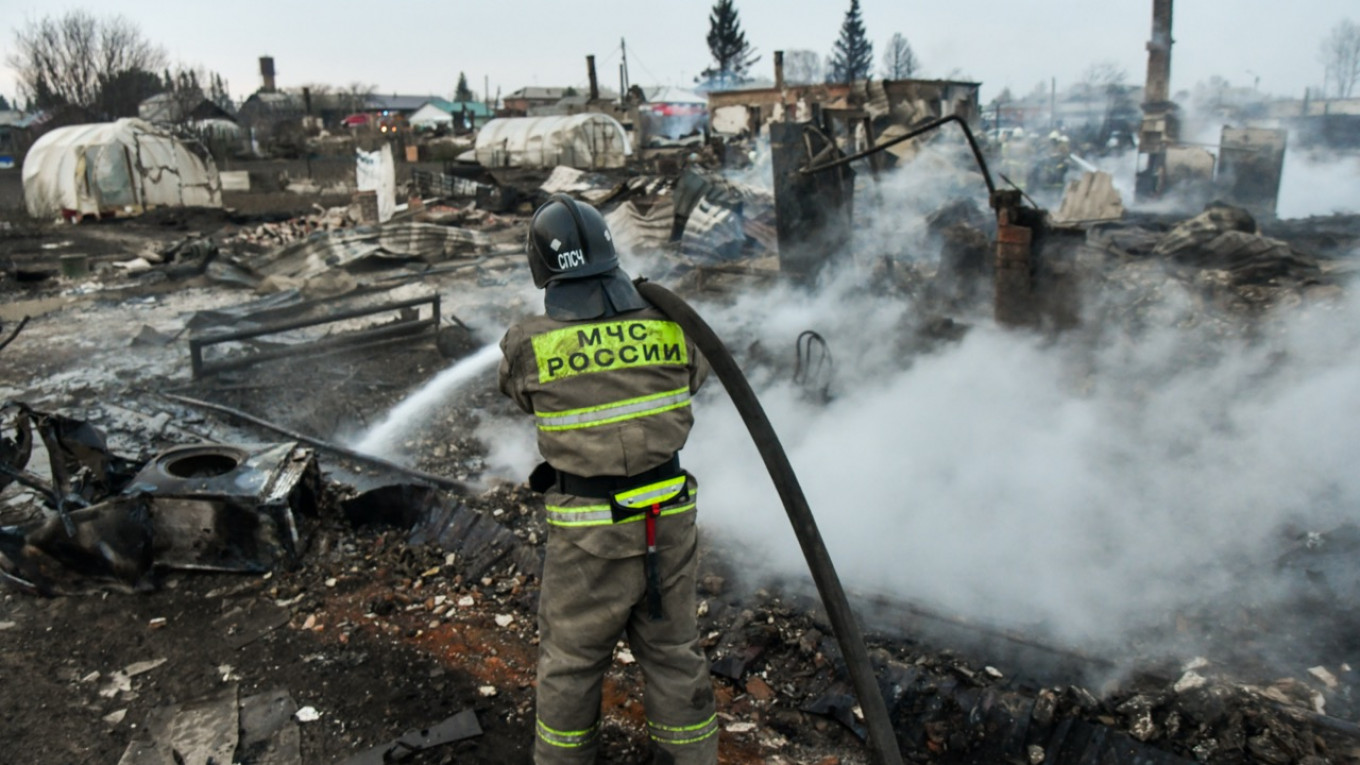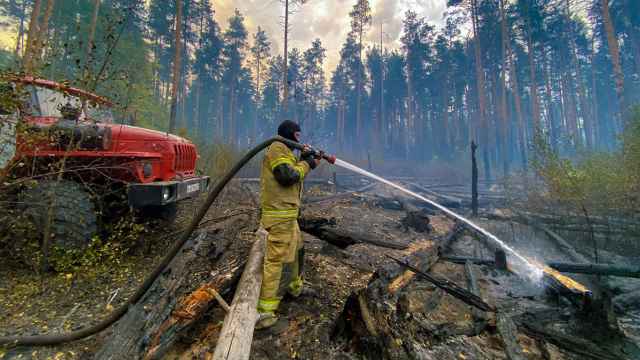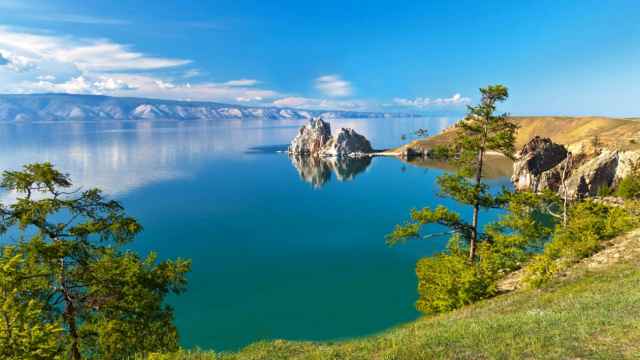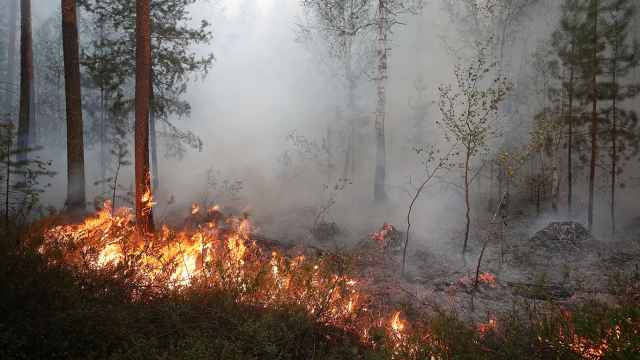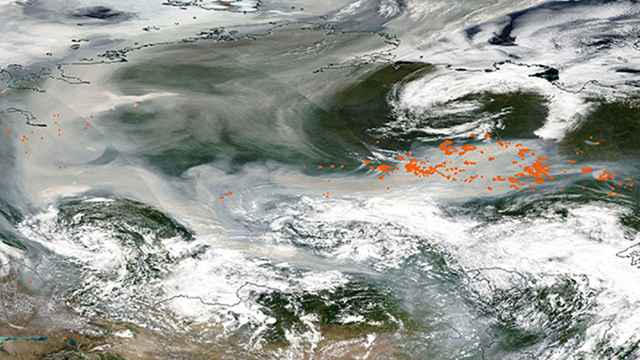This story has been updated with Putin's comments, and corrected to remove a 2020 quote from the Russian Emergency Situations Minister.
At least eight people have been killed in wildfires in the Siberia's Krasnoyarsk region, local authorities said Wednesday.
“The fires were caused by short circuits in electrical wiring and power lines, and dry grass that caused the spread of fires in populated areas,” the Krasnoyarsk branch of the Investigative Committee said.
Three employees of the power distributor Krasnoyarskenergo, a subsidiary of the electric power company Rosseti Sibir, have been charged with manslaughter, according to investigators. One of them was placed under house arrest.
About 60 settlements were deamaged or destroyed in the Krasnoyarsk region last week by fires caused by strong winds downing power lines and igniting dry grass.
The fatalities in Krasnoyarsk bring the total death toll from fires in Russia this year to at least 13.
Investigators in the Kemerovo region said last week the burned bodies of three people were found in a residential building in Tyazhinsky district, and two people were reported dead in Omsk region.
Russian President Vladimir Putin urged authorities on Tuesday to take stronger action to prevent wildfires and increase coordination between various official agencies in dealing with them.
“We can’t allow a repeat of the last year’s situation,” Putin said, The Associated Press reported. “We need to combat fires in a more efficient, systemic and consistent way.”
Russia has suffered growing numbers of wildfires in recent years amid lack safety procedures and rising global temperatues.
At least 101 fires were raging across 12,713 hectares (31,414 acres) in Russia as of early Tuesday, according to Russian forestry regulator AviaLesOkhrana.
A Message from The Moscow Times:
Dear readers,
We are facing unprecedented challenges. Russia's Prosecutor General's Office has designated The Moscow Times as an "undesirable" organization, criminalizing our work and putting our staff at risk of prosecution. This follows our earlier unjust labeling as a "foreign agent."
These actions are direct attempts to silence independent journalism in Russia. The authorities claim our work "discredits the decisions of the Russian leadership." We see things differently: we strive to provide accurate, unbiased reporting on Russia.
We, the journalists of The Moscow Times, refuse to be silenced. But to continue our work, we need your help.
Your support, no matter how small, makes a world of difference. If you can, please support us monthly starting from just $2. It's quick to set up, and every contribution makes a significant impact.
By supporting The Moscow Times, you're defending open, independent journalism in the face of repression. Thank you for standing with us.
Remind me later.


